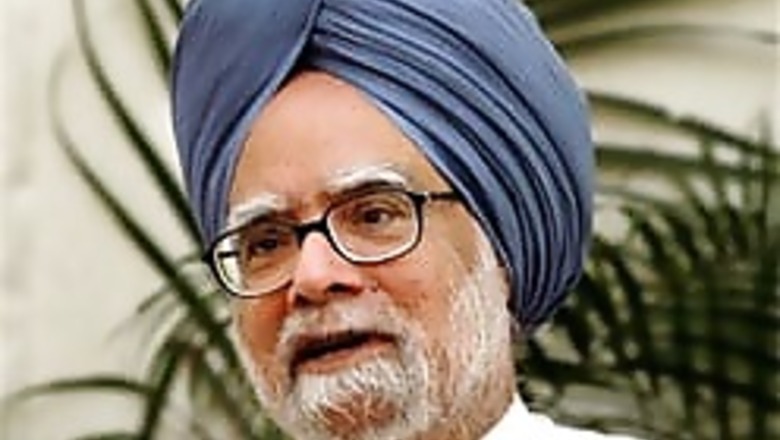
views
New Delhi Russia on Monday lauded India's "impeccable" non-proliferation credentials, setting the stage for the two countries to sign a civil nuclear pact during Russian President Dmitry Medvedev's visit to New Delhi in December.
External Affairs Minister Pranab Mukherjee and his Russian counterpart Sergei Lavrov held talks here ahead of the first official visit of Medvedev to India.
The two ministers also laid the necessary groundwork for the signing of the nuclear pact that envisages Russia building four more atomic reactors in the southern state of Tamil Nadu.
The pact, agreed on during a visit by former Russian president Vladimir Putin in January 2007 and initialed early this year, will follow similar pacts signed with the US and France.
It will be the third bilateral nuclear pact India will ink after the 45-nation Nuclear Suppliers Group lifted a global atomic embargo against New Delhi Sep 6.
Medvedev will come on his first official visit to India Dec 3-5, official sources said.
"We are making all efforts to make the Russian president's visit a successful and landmark visit. The India-Russia strategic partnership is an important factor for stability not only in the region but in the world," Mukherjee told reporters at a joint press conference with Lavrov.
Mukherjee conveyed India's appreciation for Russia's support in the NSG and discussed the prospects of civil nuclear cooperation between the two countries.
"India has an impeccable record in non-proliferation. That's why we supported India in the International Atomic Energy Agency (IAEA) and in the NSG," Lavrov said.
"India is a very responsible player in the international arena. India is very powerful in economic terms and has political clout," Lavrov said while reaffirming Russia's support for India as "a strong and natural candidate for the UN Security Council".
Lavrov, who is here on a day-long visit and Mukherjee held talks on a wide range of bilateral, regional and global issues, including the UN reforms, the global financial crisis, terrorism and civil nuclear cooperation.
The two ministers also signed a protocol on holding regular consultations between the foreign ministries of the two countries that seeks to expand the scope of diplomatic and strategic dialogue between them.



















Comments
0 comment